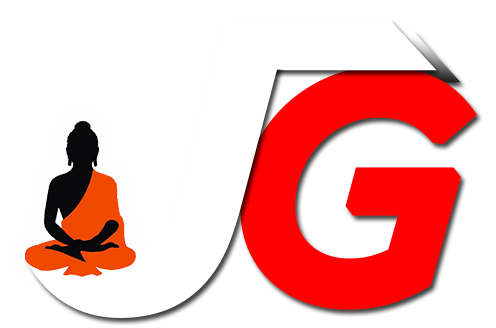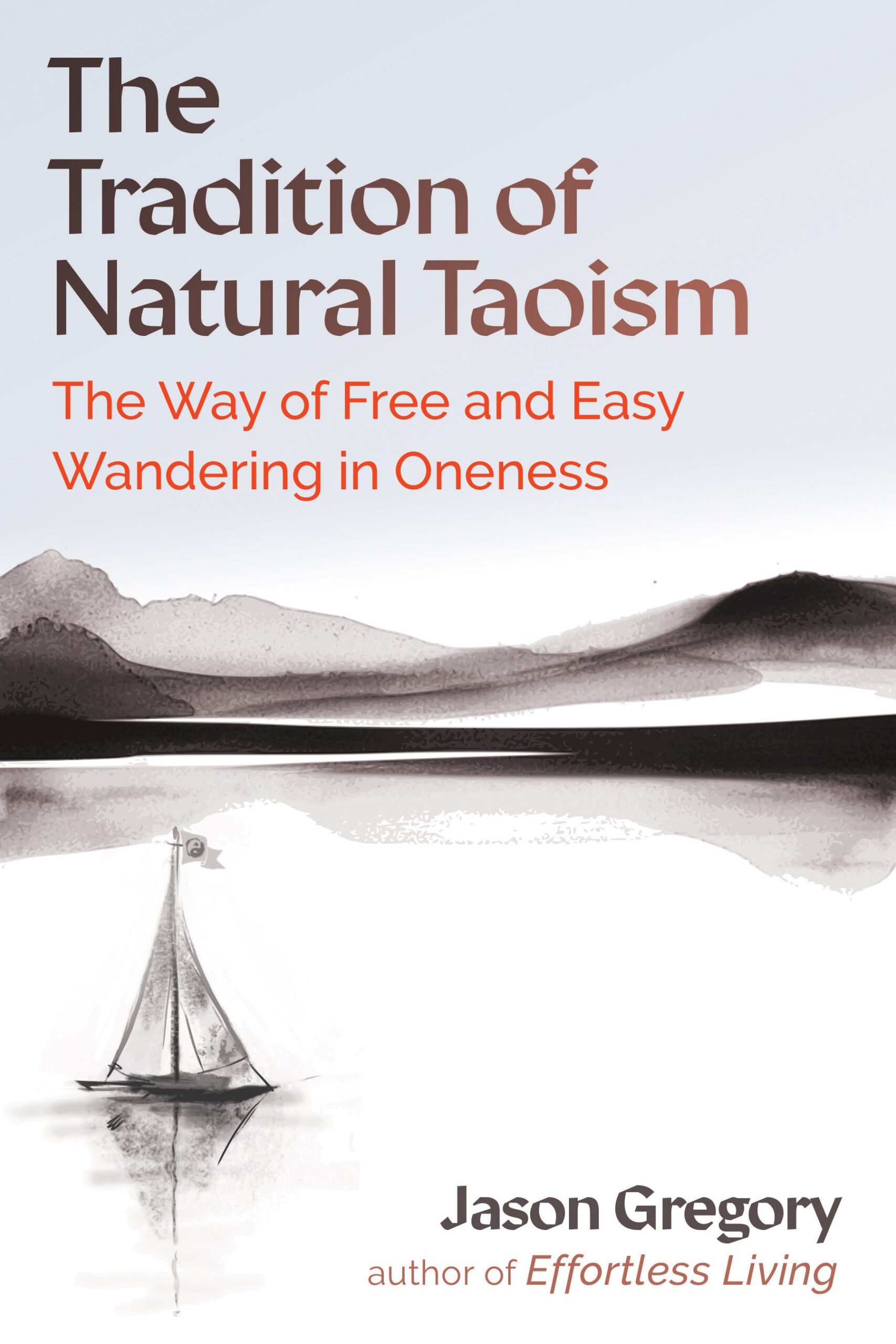5 Reasons You Don’t Exist | The Mind Science of Buddhism
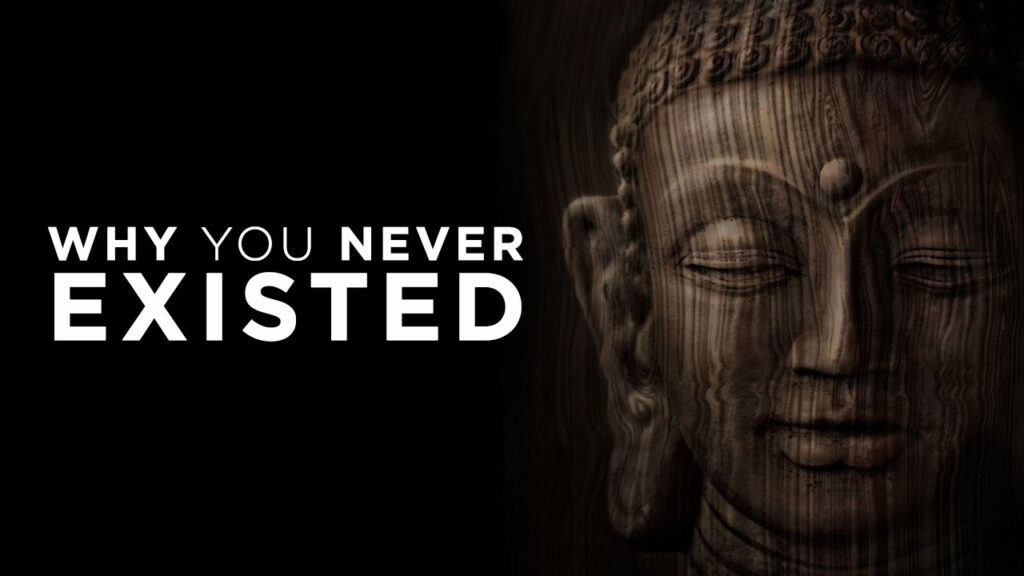
In this podcast, we will explain if you really exist or not. To examine the self, we will explain the mind science of Buddhism from the perspective of the the five aggregates, especially the Madhyamaka and Yogacara schools of Mahayana Buddhism. People often assume Buddhist beliefs are built on the idea that the self (ego/persona) is a persistent illusion, but this is not entirely true because it is much more complicated than that unfounded belief. The five aggregates are actually an advanced mind science centered on how the self is developed and, as a result, why the illusion of a self is based on a cognitive error we all make before waking up (nirvana). NOTE: This site directs people to Amazon and is an Amazon Associate member. As an Amazon Associate I earn from qualifying purchases, at no additional cost to you. The pages on this website may contain affiliate links, which means I may receive a commission if you click a link and purchase something that I have recommended. This goes a tiny way towards defraying the costs of maintaining this site.
Who is PATANJALI and What is YOGA? | The Mind Science Behind Yoga
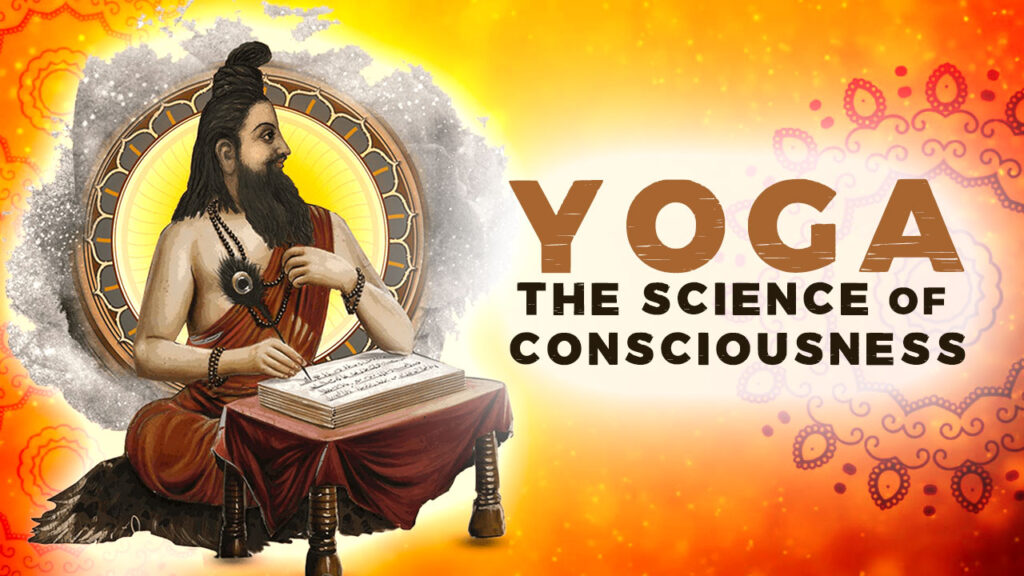
In this podcast, we will explain the mind science behind yoga that informs a large portion of the philosophies and spiritual practices of the East. The mind science of the East is explained thoroughly in the 196 observations on the nature of consciousness known classically as the Yoga Sutras of Patanjali. We will explain the first eleven sutras which is the first episode of the 196 Meditations of the Yoga Sutras, a new series where we explore each sutra. We will dissect the first eleven to give you ultimate clarity on the meaning of these sutras. This series is extremely important for those interested in the nature of consciousness. NOTE: This site directs people to Amazon and is an Amazon Associate member. As an Amazon Associate I earn from qualifying purchases, at no additional cost to you. The pages on this website may contain affiliate links, which means I may receive a commission if you click a link and purchase something that I have recommended. This goes a tiny way towards defraying the costs of maintaining this site.
The Tao of Humility – How to be Flexible and Avoid Conflict
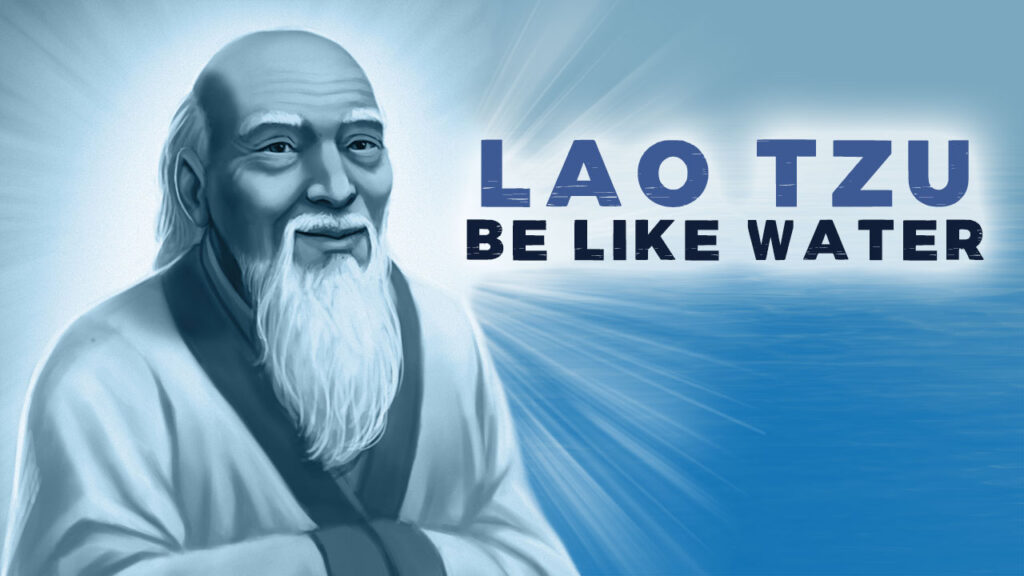
In this podcast, we will explain how those who live in the Tao act in their lives and dealings as water acts in nature. Being flexible and humble, water does not compete nor fight obstacle because it flows naturally to the lowest places. Water is the ideal image of what Lao-tzu means when he explains the humility of non-interference, non-action, and non-being (wu-wei). Find out why we should emulate water in the eighth episode of the 81 Meditations of the Tao Te Ching, a series where we explore each chapter of the Tao Te Ching. We will dissect chapter eight of the Tao Te Ching to give you ultimate clarity on the meaning of this chapter. NOTE: This site directs people to Amazon and is an Amazon Associate member. As an Amazon Associate I earn from qualifying purchases, at no additional cost to you. The pages on this website may contain affiliate links, which means I may receive a commission if you click a link and purchase something that I have recommended. This goes a tiny way towards defraying the costs of maintaining this site.
Loving Kindness Meditation: The Buddha’s Teaching of Compassion
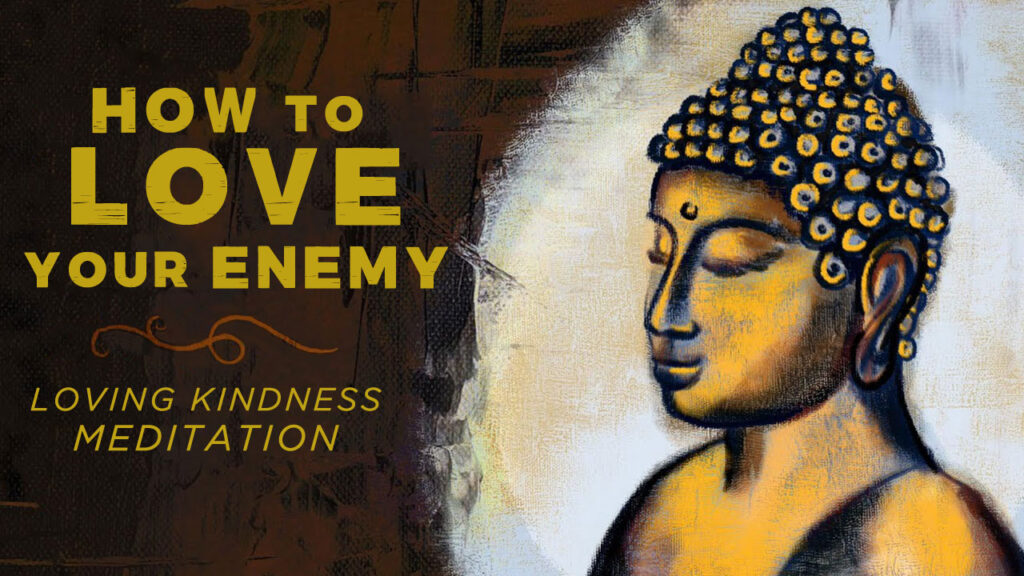
In this episode of Enlightenment Today, I will explain the practice of loving kindness meditation in Buddhism. In a world lacking compassion and forgiveness, loving kindness meditation is a great practice to cultivate and amplify those intrinsic human qualities. The decline of compassion and forgiveness was also a problem during the time of the Buddha. But instead of blaming others, Buddha turns our gaze within to expand our love beyond the boundaries of our associated affection, to include our so-called enemies and strangers. This practice will transform your mind and has a profound impact on how you experience the world. NOTE: This site directs people to Amazon and is an Amazon Associate member. As an Amazon Associate I earn from qualifying purchases, at no additional cost to you. The pages on this website may contain affiliate links, which means I may receive a commission if you click a link and purchase something that I have recommended. This goes a tiny way towards defraying the costs of maintaining this site.
How a Sage Aligns with the Tao
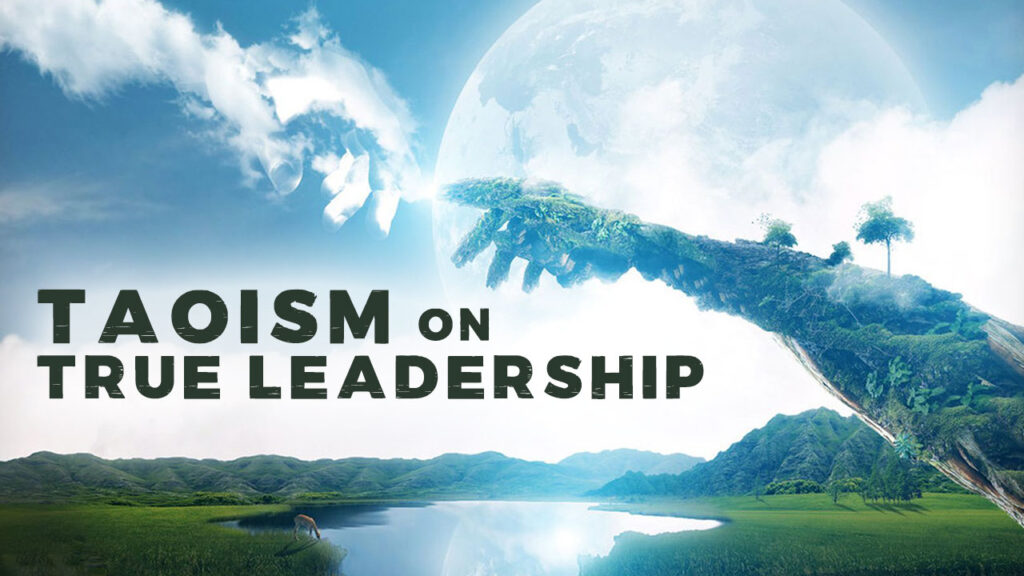
In this podcast, we will explain how the Taoist sage is a mirror reflection of the eternal nature of Heaven and Earth. The secret to lasting forever is embodied in the nature of how the Tao is and we need to emulate that nature within our own lives. Find out what this secret is in the seventh episode of the 81 Meditations of the Tao Te Ching, a series where we explore each chapter of the Tao Te Ching. We will dissect chapter seven of the Tao Te Ching to give you ultimate clarity on the meaning of this chapter. NOTE: This site directs people to Amazon and is an Amazon Associate member. As an Amazon Associate I earn from qualifying purchases, at no additional cost to you. The pages on this website may contain affiliate links, which means I may receive a commission if you click a link and purchase something that I have recommended. This goes a tiny way towards defraying the costs of maintaining this site.
Honoring the Life of Thomas Cleary
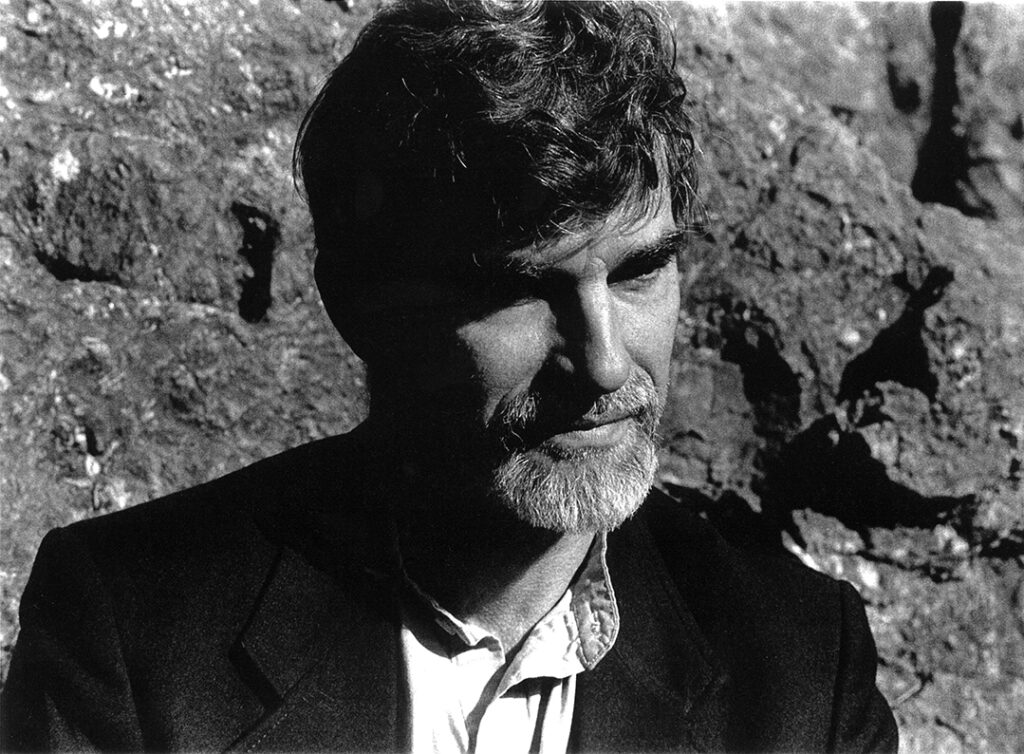
Honoring the Life of Thomas Cleary The news of Thomas Cleary’s passing was unexpected and saddened me deeply. Not because I knew the man personally, but because the world lost someone special, someone genuine in an age of inauthenticity. He was surely one of the greatest men you’ve never heard of. You’ve probably enjoyed reading The Art of War by Sun Tzu, or wanted to read more about the authentic knowledge of Buddhism and Taoism, and thankfully there’s abundance of knowledge on those traditions available. But the likelihood that you read a Thomas Cleary translation of those ancient texts is highly probable. Without a doubt he was one of the greatest translators of our time. American Buddhist author and academic, Robert Thurman said of him: “There is no doubt in my mind that Thomas Cleary is the greatest translator of Buddhist texts from Chinese or Japanese into English of our generation, and that he will be so known by grateful Buddhist practitioners and scholars in future centuries. Single-handedly he has gone a long way toward building the beginnings of a Buddhist canon in English.” He translated a vast library of Eastern spiritual texts and had an innate gift for extracting the beauty of many different languages into English. Thomas translated eighty works into English from Pali, Sanskrit, Chinese, Japanese, Bengali, Arabic, and Old Irish. He really could do it all. His work spanned a vast array of subjects and classics, including Buddhism, Taoism, Hinduism, ancient Chinese classics on strategy and power, martial arts, Greek wisdom (translated from the Arabic), the great works of Sufism and Islam, including The Qur’an, and more. His books have sold millions of copies and touched the hearts and minds of millions more. His best-selling books include The Art of War, The Book of the Five Rings, the I Ching and many others, some of which I’m sure you’ve read. Regarded as his magnus opus, and one of the most daunting books you will ever read at 1600 plus pages, is The Flower Ornament Scripture, a classic Mahayana Buddhist text known as the Avatamsaka Sutra. The Flower Ornament Scripture is widely considered a masterpiece. Upon reading this text, I often wondered how long it took him to translate and write it. Only those close to him would know the magnitude of the feat he accomplished. His library of translated works, especially in Buddhism and Taoism, are so vast that they have also been condensed into extensive volumes: Classics of Buddhism and Zen in five volumes and The Taoist Classics in four volumes. Seriously, clear out a few years to read these volumes, but I can guarantee that you’ll be a completely transformed person at the end of the process. Some of my own personal favorite books by him are The Sutra of Hui-neng and Awakening to the Tao. I was extremely impressed with both of these books. My first encounter with his work was when I was a lot younger, like most through The Art of War. However, it was in 2009 when I became an admirer of not only his work, but the man himself. While living in Kathmandu, Nepal in 2009, I discovered my two of my favorite book shops in the world, the Tibet Book Store and Pilgrims Book House. But it was the Tibet Book Store that brought me closer to Thomas. The Tibet Book Store is a paradise for someone like myself. Forget beaches and martini’s, give me sacred Eastern knowledge at my fingertips any day of the week. When you walk into the Tibet Book Store it is steeped in spirituality, with the great texts of Buddhism, Taoism, and Hinduism everywhere from floor to ceiling. When you are in there, you can’t escape Thomas’s influence because his books are everywhere. Every time I visit the Tibet Book Store, I find myself with a Thomas Cleary book in my hand as I peruse the pages in delight. I felt a great sense of comfort knowing that Thomas Cleary was out there doing the great work for us mere mortals. Seeing his books everywhere in the book shop always restored my faith in humanity and made me optimistic for the dissemination of Eastern spiritual knowledge for future generations. When I would see someone pick up one of his books for the first time, I knew they were in good hands. I have returned to Nepal many times since then and the feeling has never changed. Some of my happiest moments in life are eating breakfast and drinking a masala chai in the morning with my lovely wife Gayoung at one of my favorite restaurants in the world called Gaia and then straight after breakfast we’d go to the Tibet Book Store to explore many books, such as the works of Thomas Cleary. For myself, life doesn’t get better than that. I have learned so much from him over the years, his scholarship and wisdom have helped my writing and work mature. And yet, who was Thomas Cleary? Not many people knew. For myself, it wasn’t his work that impressed me the most but rather the person he was. Knowing he was in the world, walking among us, made me feel a great sense of relief. For those reasons and many others, I tried to make contact with him for over a decade but he was definitely the hardest man I’ve ever tried to track down. He had no website, no email that anyone knew, and even his publishers were ordered by Thomas not to give out his contact details. He was an extremely private person and this is what impressed me the most about him. He was one individual that deserved all sorts of accolades and recognition, but he decided to live the quiet life. It was as if he was the living embodiment of the Buddhist hermit or Taoist recluse. He lived by what he translated. This impressed
Why No Relationship to Anything is Freedom
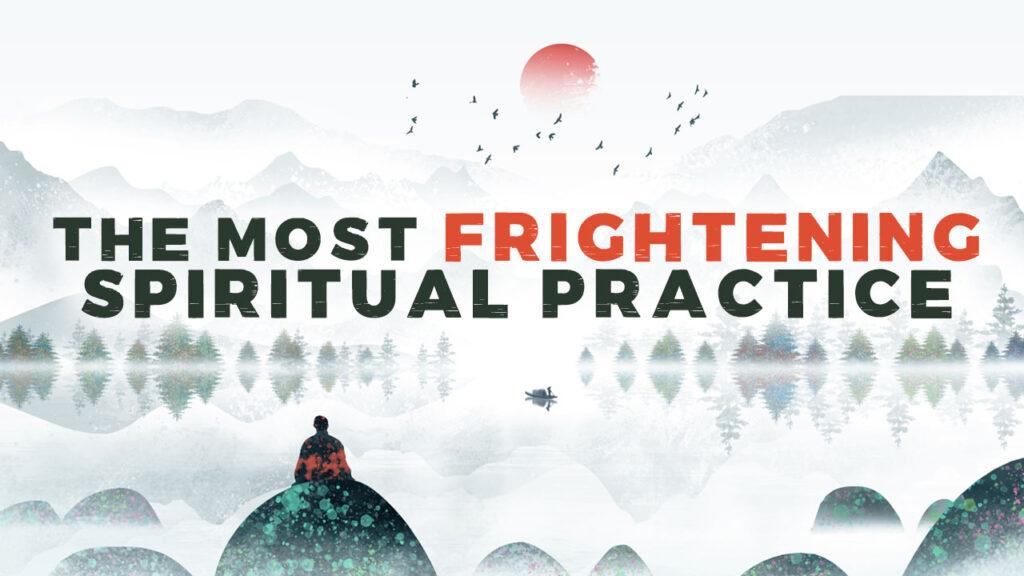
In this podcast, we will explain why having no relationship to anything is freedom. In the ancient scripture of the Mandukya Upanishad and its Karika (commentary) by the ancient Advaita master Gaudapada, we discover a practice and a way of life focused on having no relationship to anything for advanced sages known classically as Asparsha Yoga. This hidden knowledge and practice were feared by the great Yogi’s of the past because of its intensity, but, nevertheless, Asparsha was still acknowledged as a prerequisite for spiritual liberation. Find out why the ancient Yogi’s and spiritual aspirants fear Asparsha Yoga. NOTE: This site directs people to Amazon and is an Amazon Associate member. As an Amazon Associate I earn from qualifying purchases, at no additional cost to you. The pages on this website may contain affiliate links, which means I may receive a commission if you click a link and purchase something that I have recommended. This goes a tiny way towards defraying the costs of maintaining this site.
Taoism’s Ultimate State of Authenticity
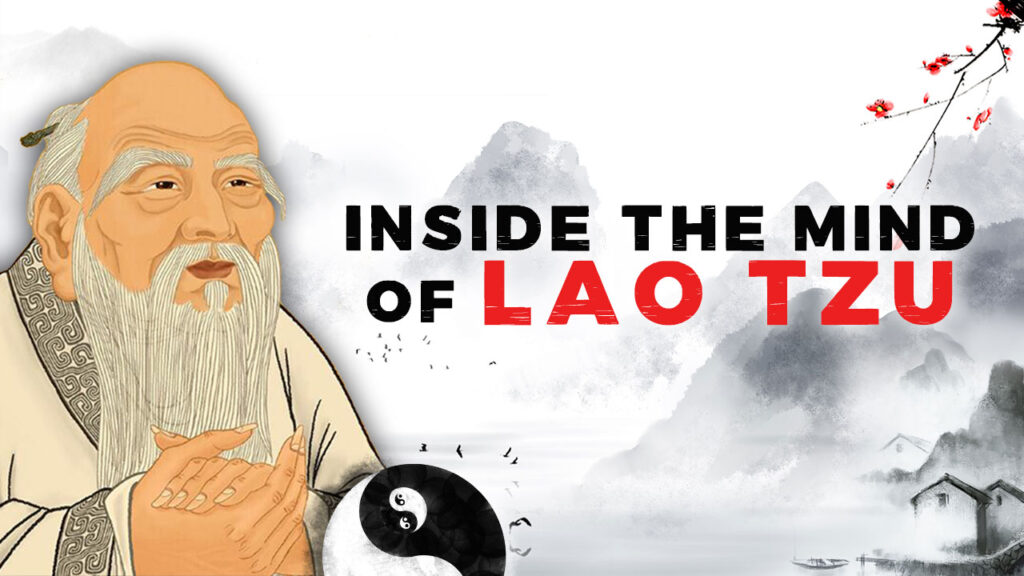
In this episode of Enlightenment Today, I will explain the ultimate state of authenticity accessed by the great Taoist sages. In the Tao Te Ching, Lao-tzu spoke of a genuineness that is at the core of our very being that the true sage of Tao embodies. This is a radical authenticity that is not determined by pop culture or any form of socialization. It goes far beyond social, cultural, and religious conditioning to a state of being that is a mirror reflection of the natural process of Tao, the way of nature. NOTE: This site directs people to Amazon and is an Amazon Associate member. As an Amazon Associate I earn from qualifying purchases, at no additional cost to you. The pages on this website may contain affiliate links, which means I may receive a commission if you click a link and purchase something that I have recommended. This goes a tiny way towards defraying the costs of maintaining this site.
NEW BOOK 2022 | Spiritual Freedom in the Digital Age
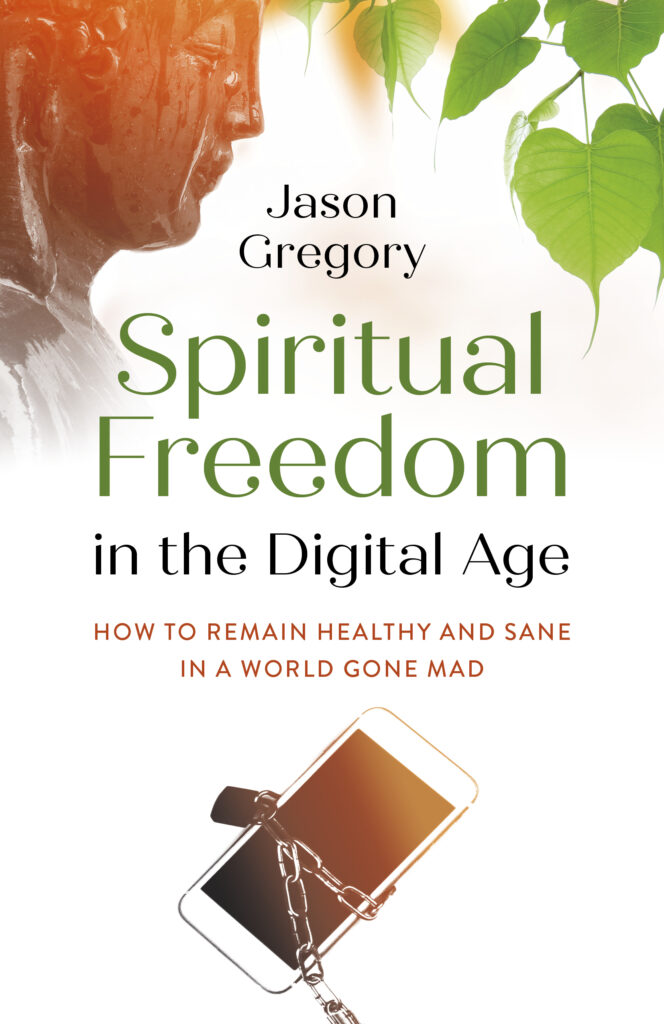
I’m excited to announce that my new book Spiritual Freedom in the Digital Age: How to Remain Healthy and Sane in a World Gone Mad will be published on March 25, 2022. It will be published by O Books in the UK, who are one of the leadings publishers in spirituality and personal development. This book has been a long-time coming, stemming from articles and a general outline for a book back in 2013. But, due to all of the work on my other books, this one was put on the backburner. Nevertheless, the timing has worked out perfectly considering the current digital climate of the world and its destructive influence on the mind (I thought it couldn’t get worse back in 2013). As with any book, pre-orders are extremely important for an author and publisher. So please don’t hesitate to take advantage of all the great deals on Amazon, where you won’t pay a cent until it is published. Also, below there are other book shops where you can pre-order my book at a great price. Spiritual Freedom in the Digital Age is upon us. Buy Now Amazon US https://amzn.to/3iDNaHL Amazon UK https://www.amazon.co.uk/dp/1789048966 Amazon Canada https://www.amazon.ca/dp/1789048966 Amazon Australia https://www.amazon.com.au/dp/1789048966 Amazon India https://www.amazon.in/dp/1789048966 Amazon Brazil https://www.amazon.com.br/dp/1789048966 Amazon France https://www.amazon.fr/dp/1789048966 Amazon Japan https://www.amazon.co.jp/dp/1789048966 Amazon Spain https://www.amazon.es/dp/1789048966 Amazon Germany https://www.amazon.de/dp/1789048966 Amazon Italy https://www.amazon.it/dp/1789048966 Book Depository https://www.bookdepository.com/Spiritual-Freedom-in-the-Digital-Age-Jason-Gregory/9781789048964 Barnes and Noble https://www.barnesandnoble.com/w/spiritual-freedom-in-the-digital-age-jason-gregory/1139432097 Books A Million https://www.booksamillion.com/search?filter=&id=8237442027771&query=spiritual+freedom+in+the+digital+age Fishpond https://www.fishpond.com.au/Books/Spiritual-Freedom-the-Digital-Age-How-to-Remain-Healthy-and-Sane-a-World-Gone-Mad-Jason-Gregory/9781789048964 Google Books https://books.google.com/books/about/Spiritual_Freedom_in_the_Digital_Age.html?id=7RhwzgEACAAJ&redir_esc=y O Books https://www.johnhuntpublishing.com/o-books/our-books/spiritual-freedom-digital-age Synopsis Jason Gregory reveals the psychological and spiritual damage digital technology and social media are having on the human mind, and gifts you a digital free lifestyle to reclaim your health and sanity for a better world. Spiritual Freedom in the Digital Age demonstrates that even though we are more connected than ever before, we are subtly going insane and also diminishing our health. Even though we are more connected; the constant conflict in the digital world proves that we are more divided than ever. Spiritual Freedom in the Digital Age is an antidote to the digital problem. Endorsements In Spiritual Freedom in the Digital Age, a writer who understands the true nature of the human mind and the way it manifests consciousness tell us how modern cyber-technology is rapidly degrading the quality of human consciousness and driving a huge wedge between human nature and Mother Nature. Jason Gregory, the author of several excellent books on spiritual awareness and the key role it plays in understanding reality and realising our full potential in life, also has a working knowledge of the human brain and the way it assembles its view of the world on the inner screen of consciousness. In this book he explains how digital screens are replacing our inner screens as the primary source of consciousness in daily life, filling the mind with useless trivia scripted by media and distracting time and attention away from the important things in life, such as health and human relations. Many “tech-addicts” spend so much time plugged into the internet that they now treat their own bodies like a piece of furniture or hardware–a chair to sit on, a garbage disposal for junk food, and a receptacle for vicarious pleasure on demand. So-called “social media” has become a hideaway for millions of asocial, and some very antisocial, people who have no social skills at all in real life, and yet this has become the norm today. Gregory’s book is a timely wake-up call for a world that is dosing off in The Big Sleep of cyber-space, a sleep so deep and far removed from human nature that it’s turning much of the world into a beehive of automatons devoid of basic human values. But this is not a doomsday diatribe, like so many other books on the subject. It’s a cogent appeal for caution and a “user’s manual” with concrete suggestions for how people can use this technology in a way that does not disconnect their links with nature. Daniel Reid, author of The Tao of Health, Sex, and Longevity Those interested in self-development and spiritual growth have a new set of hurdles to overcome. Hurdles previously unknown to the past masters; these are the hurdles of digital technology and the mind-numbingly addictive levels of distraction that they bring. I hope that people reading this book will actually take on board just how important the warnings and solutions given by Jason Gregory are if you really want the most out of life. What Jason has expertly written here is a book which echoes my own grave fears about the direction modern life is taking us. Damo Mitchell, author of A Comprehensive Guide to Daoist Nei Gong Jason Gregory’s latest book Spiritual Freedom in the Digital Age is a vibrant call to return to the essentials of life and to bring the value back into the art of being. Gregory, a lover of the human organism, tells us it is time to invest in ourselves. We are being desensitized by our addictions to an encroaching digital culture that can create anxiety and disconnection to the precious moments in life. This book reminds us to concentrate on cultivating focus and attention and to be truly present in our human relations. We must thank Gregory for this timely reminder to reevaluate our relationship to technology, and to understand the true value of human technology – the human being. Kingsley L. Dennis, author of The Sacred Revival: Magic, Mind & Meaning in a Technological Age This book addresses a critically important issue: how to transform into the “new human” in what lies beyond the Information Age, using more than just our tech-addicted brain. To access our full potential, we must include heart, feelings, and body as equally enlightened parts of our total makeup. We are human for a reason! We don’t transform by avoiding the physical world but by merging with it all the way. Pay attention to what Jason is saying here—it will wake you up! Penney Peirce, author of Transparency, Leap of Perception, and Frequency While commenting on the possible dangers of Artificial Intelligence, few pandits today are considering how
Eastern Spirituality vs Western Psychology
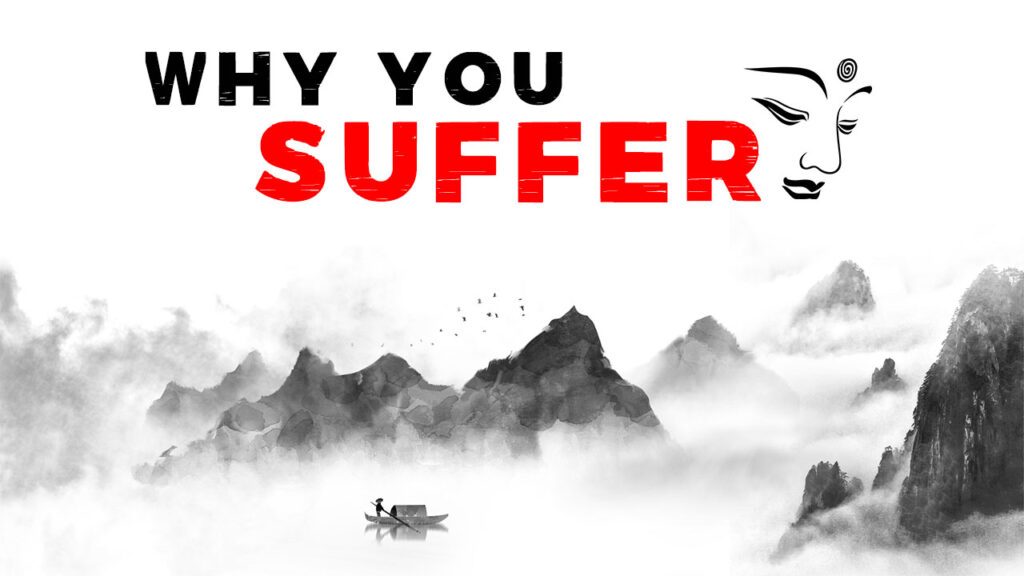
In this podcast, we will explain how Eastern spirituality and Western psychology understand the “I,” the persona. Both have completely different perspectives of the individual based on their diametrically opposed cultural and religious worldviews. These differences are extremely important for understanding how to overcome suffering. One path provides a way of dealing with our suffering within the social and cultural boundaries we find ourselves in and the other questions these boundaries by suggesting the society and culture themselves create suffering and cannot be alleviated by conforming to the indoctrination that caused suffering in the first place. NOTE: This site directs people to Amazon and is an Amazon Associate member. As an Amazon Associate I earn from qualifying purchases, at no additional cost to you. The pages on this website may contain affiliate links, which means I may receive a commission if you click a link and purchase something that I have recommended. This goes a tiny way towards defraying the costs of maintaining this site.
